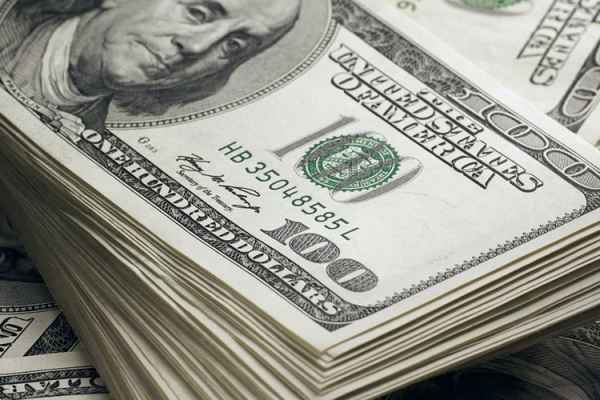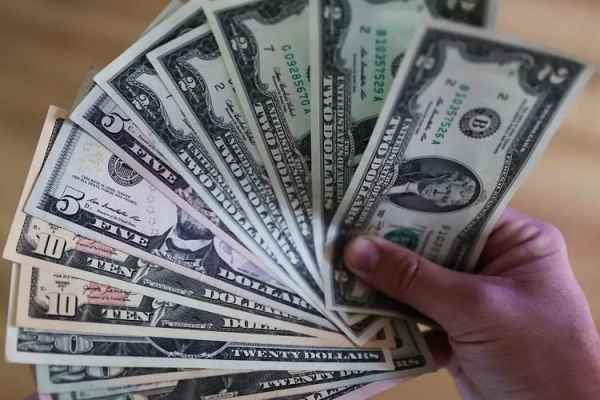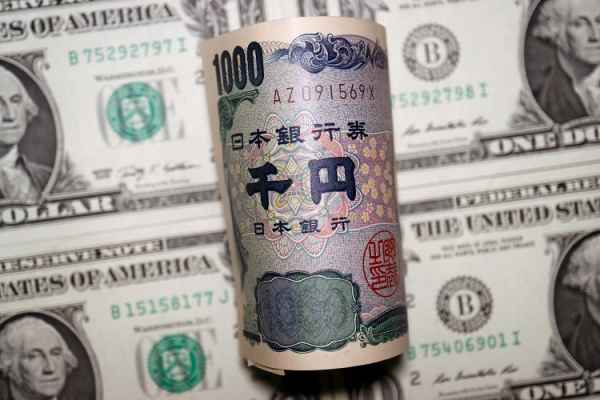Due to the speech by BoE Governor Andrew Bailey on Wednesday, the effort to rally GBP/USD this week has entirely evaporated by the end of Thursday's New York session.
A few days ago, the pound sterling gained popularity, sparked by the Windsor agreement between the UK and the European Union. However, its exchange rate quickly weakened due to dovish statements from the Bank of England (BoE) boss. The attempt to rally GBP/USD this week was completely wiped out by the end of Thursday's New York session (March 2).
 GBP/USD Daily chart via TradingView
GBP/USD Daily chart via TradingView
Governor of BoE Andrew Bailey said at the Cost of Living Conference hosted by Brunswick Group yesterday, "At this stage, I would caution against suggesting either that we are done with increasing bank rate or that we will inevitably need to do more."
Bailey explained that the economy is growing as expected, with inflation easing slightly and wage growth increasing slightly. In line with this, he wants to look at the next set of economic data before making any new policy decisions.
The incoming data will add to the overall picture of the economy and the inflation outlook, and that will inform our policy decisions," said Bailey.
Bailey's statement suggests his reluctance to continue BoE's monetary tightening cycle. However, BoE needs to raise interest rates by 25 basis points three more times to reach the highest interest rate level of 4.75% that market participants have anticipated for some time.
The gap between market expectations and the implications of Bailey's speech has triggered disappointment among many parties. As a result, the market is again buying UK equities and selling sterling.
"It would be a brave person who put much faith in Andrew Bailey's comments about UK interest rates, but his view that rates might not need to keep rising has put the FTSE 100 on top among global indices while seeing the pound drop back against the dollar and fall more dramatically against the euro." Chris Beauchamp, the chief market analyst at IG, said.
The next GBP/USD duo will face a "challenge" from releasing the US Non-Manufacturing PMI data on Friday night. In addition, the release of other UK economic data may continue to trigger volatility in the sterling until the next BoE meeting on March 23rd.

 Dedicated FREE FOREX VPS
Dedicated FREE FOREX VPS Free FOREX Virtual Private Server
Free FOREX Virtual Private Server MT4 Demo Contest, Get $500
MT4 Demo Contest, Get $500 Sign Up for an Account, Claim 60% Deposit Bonus
Sign Up for an Account, Claim 60% Deposit Bonus Free MT4/MT5 VPS 2024
Free MT4/MT5 VPS 2024 Send E-mail and Get Free Merchandise
Send E-mail and Get Free Merchandise $1K Refer a Friend Bonus for Pepperstone Pro clients
$1K Refer a Friend Bonus for Pepperstone Pro clients Maximize Your Earnings with 100% Deposit bonus
Maximize Your Earnings with 100% Deposit bonus Trade to Win, $5,000 Monthly Demo Contest
Trade to Win, $5,000 Monthly Demo Contest Claim 30% + 15% Deposit Bonus from LiteFinance
Claim 30% + 15% Deposit Bonus from LiteFinance






